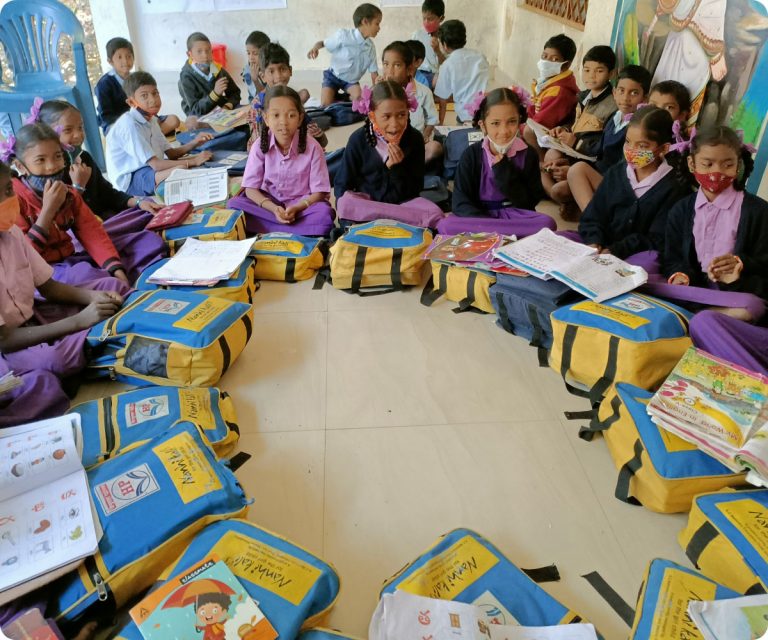Theese marginalized communities belong to the deepest step of Indian caste system, a system that divides Indian society in 4 castes: Brahmin, “Kshatriyas”, “Vysya” and “Sudra”. Unlikely these 4 social groups, untouchables are excluded from the caste system and are considered inferior to the other members of the castes, who avoid and discriminate them, because they fear that, by touching or looking at them, they could become impure them-selves, since untouchables have been related to activities considered impure by tradition, as for the tanning leather, corpse-handling or the cleaning. Untouchables or outcasts are in the most marginalized groups. We are not talking about a small minority, but about 20% on Indian population.
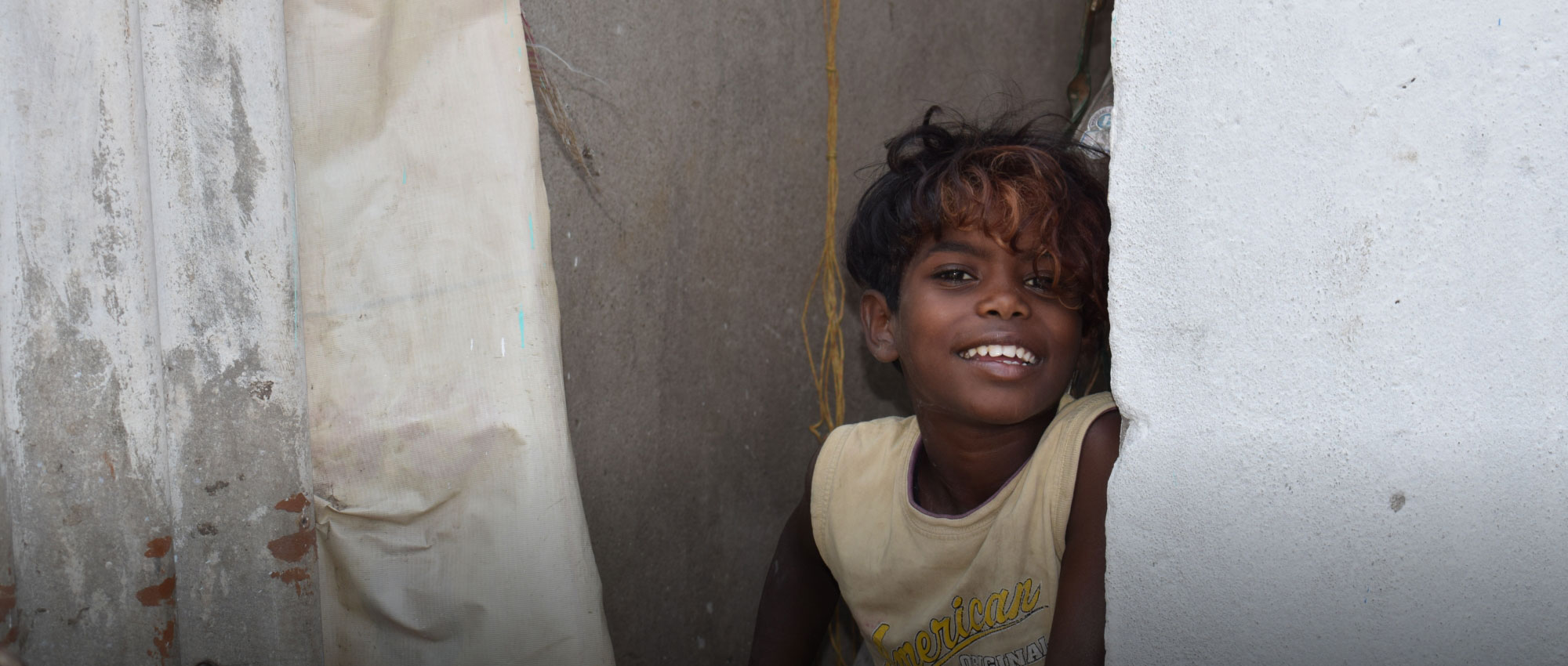
SLUM COMMUNITIES
SLUM COMMUNITIES
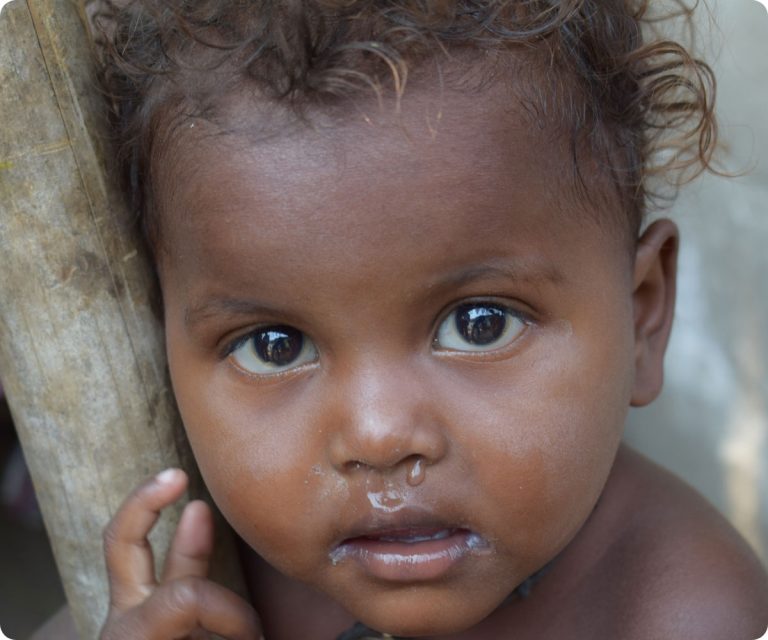
OUR INTERVENTION
Due to discrimination, the untouchables live far away from members of the other castes and are found mostly in slums, which would be urban settlements densely populated, located in the countryside of large cities, characterized by dilapidated buildings and dramatically precarious living conditions.
Right there, they perform humble and degrading jobs. As a matter of fact, the majority of untouchables works as a sweeper or garbage collector and, as a consequence, does not earn enough for supporting its family’s needs or having its children go to school. They are denied many civil rights, they are subjects to offences, humiliations and harassments, despite a norm of 1989 that should safeguard them from these abuses.
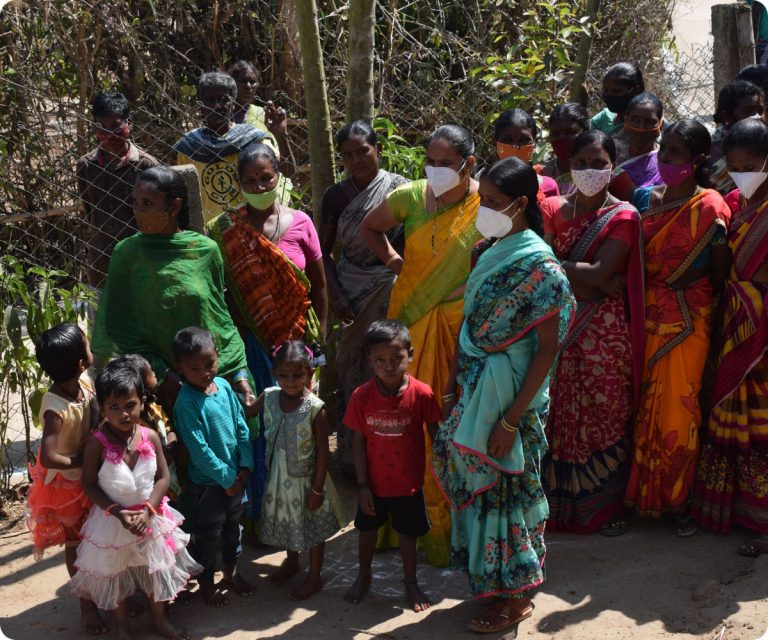
SCOPE OF THE PROJECT
Conditions of extreme poverty of slums are reflected especially on children, who, as well as being more exposed to risks of malnutrition and contracting diseases related to contamination of water, do not have the possibility of receiving an education of quality. The recent pandemic of COVID 19 worsened the situation, affecting the weaker and poorer members of the population: many children could not attend school and neither the distance learning, increasing the school dropout rate, with the risk of not returning after the end of the pandemic.
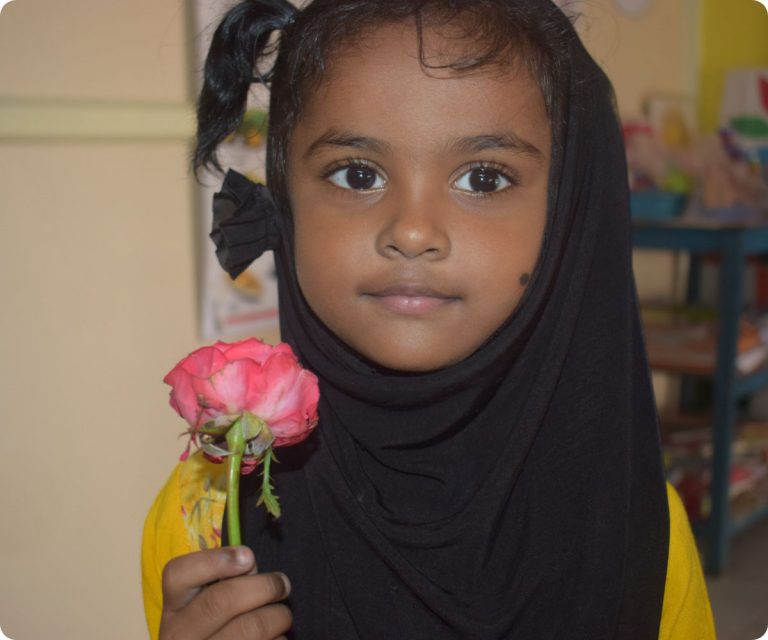
SLUMS OF HYDERABAD AND VIJAYAWADA
It is for this reason that we decided to intervene in the slums of Hyderabad and Vijayawada and implement new projects regarding education for supporting the most vulnerable children. Supporting activities for education include: restructuring and restoring of school buildings and Anganwadi, supply of school materials, educational support to those children who could not attend school or online lectures during the pandemic, helping them to resume classes and avoid to drop out of school forever, with an information campaign and support against COVID diffusion. To further confront/ address the COVID 19 emergency, the most vulnerable families will be helped in accessing vaccinations and the most struggling families will be helped in resuming small business.
